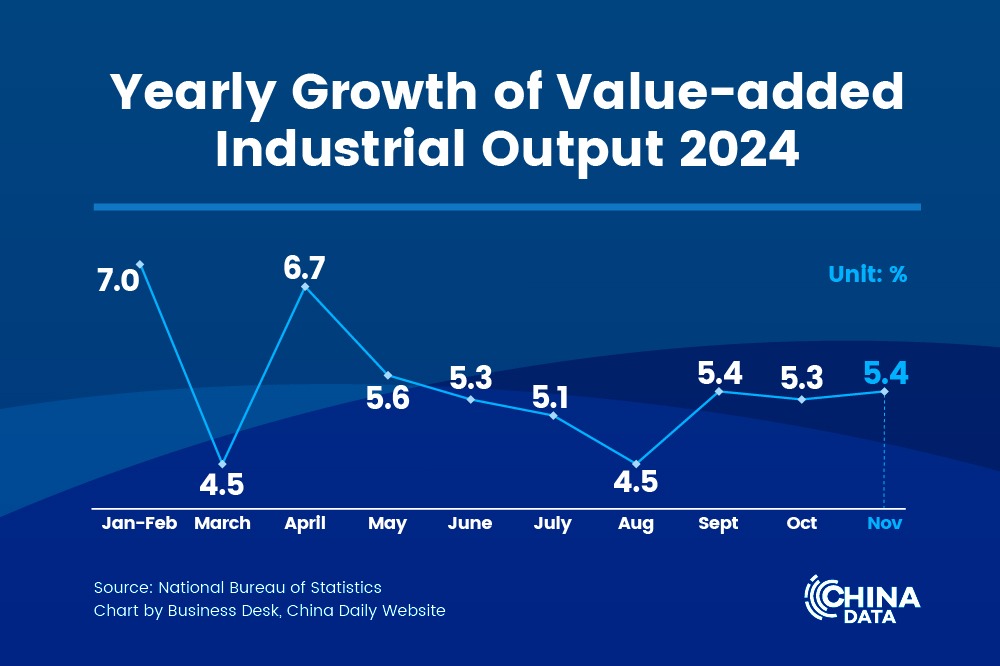Nation to advance financial opening-up


China's central bank and financial regulators have vowed to increase the high-level opening of the financial sector by optimizing institutional arrangements and improving regulations, officials and experts said over the weekend.
China will launch regulatory rules of exchange-traded "panda bonds"-the yuan-denominated bonds from foreign issuers-to encourage foreign institutions raising funds through such an instrument, said Fang Xinghai, vice-chairman of the China Securities Regulatory Commission, on Saturday.
To better integrate with the global financial markets, China plans to expand the Shanghai-London Stock Connect program, improve the domestic issuance and listing system of overseas entities and further enhance the regulatory system for overseas listing of enterprises, Fang said.
In addition, the first A-share derivatives product, a futures contract based on the MSCI China A 50 Connect Index, will be launched next month by Hong Kong Exchanges and Clearing, Fang said at the China International Finance Annual Forum 2021 in Beijing, which was part of the ongoing 2021 China International Fair for Trade in Services. This will provide a risk management tool for foreign investment in the A-share market, he said.
"We support domestic and foreign enterprises to list in Hong Kong, and support the construction of the Guangdong-Hong Kong-Macao Greater Bay Area," said Fang, vowing to deepen cross-border regulatory cooperation and create a predictable regulatory and institutional environment.
Nicolas Aguzin, chief executive officer of HKEX, said the strategy of being "China anchored" will remain pivotal to HKEX's growth plan for years to come.
"I believe that HKEX is in the middle of what I call the big bang of finance," said Aguzin. "This is where the activity will be over the next 10 to 15 years as China's capital markets become more international, with investors heading into and out of China."
Since its launch in 2014, the cumulative turnovers of the Shanghai-Hong Kong and Shenzhen-Hong Kong Stock Connect programs have reached more than 70 trillion yuan ($10.85 trillion) by the end of June. Mainland investors' holdings of HK-listed shares grew 27-fold during this period, while Hong Kong and international investors' holdings of A-shares grew 207-fold, data from the HK exchange showed.
Rahul Ahluwalia, a minister-counselor at the British embassy in China, said that the landmark Shanghai-London Stock Connect has already served as a channel for Chinese companies to raise more than 5 billion pounds ($6.93 billion) from international investors, and the participation of UK asset managers in China's markets is increasing.
"We continue to see a longstanding UK-China relationship," as China continues to cover extraordinary ground while maintaining a prudent approach in opening up, Ahluwalia said.
The People's Bank of China, the central bank, is committed to further implementation of the preestablishment national treatment plus the negative list management system, according to Chen Yulu, deputy governor of the central bank.
This model puts areas that are not suitable for opening-up on a "negative list", while allowing others broad access to the domestic market, Chen said.
"A negative list is an effective model that can enhance the transparency and predictability of policies, and can stimulate the vitality of the market," Chen said at the forum on Saturday.
During the opening-up process, there is still room for optimizing regulatory policies, which can improve the business environment for foreign investors, Chen said.
An executive meeting in July of the State Council, China's Cabinet, called for further optimizing the requirements for market access of foreign banks, insurance companies and other financial institutions, improving the rules for cross-border transactions between parent companies and subsidiaries, and expanding channels for foreign capital to participate in the domestic financial market.
"That is the direction of our efforts," said Chen, who pledged to improve the monetary policy and macro prudential policy framework, enrich the policy toolbox and prevent systematic financial risk.
Improving regulations on fintech is one of the key tasks, Chen said.
- China issues plan for building Guangdong-Macao in-depth cooperation zone
- Financial risks generally controllable in China: central bank report
- Global investment firms show continuous confidence in Chinese market: media
- China increases gov't procurement in 2020: Ministry
- Bayer, medical body sign deal to boost innovation in public hospitals




































